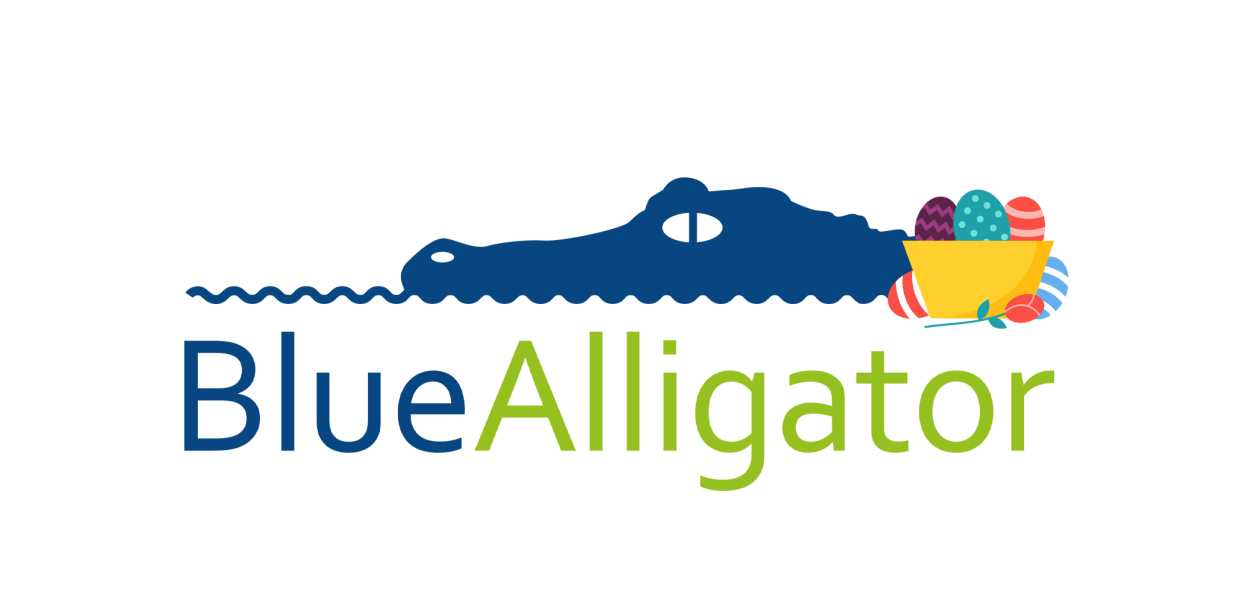
In today’s digital landscape, wholesale businesses are increasingly turning to automation to streamline their operations and stay competitive. However, with automation comes the responsibility of ensuring compliance with regulations and maintaining robust security measures to protect sensitive data. In this blog post, we’ll explore how wholesalers can navigate compliance and security concerns when automating wholesale order-taking with Sage 200 integration.
Understanding Compliance Requirements
Wholesalers must adhere to various compliance requirements, including:
- Data Protection Regulations: Compliance with data protection regulations such as GDPR, CCPA, and HIPAA to protect customer data and maintain privacy.
- Industry Standards: Adherence to industry-specific standards and regulations, such as PCI-DSS for payment card data security in retail industries.
Securing Customer Data
Protecting customer data is paramount for maintaining trust and compliance. To ensure the security of customer data:
- Secure Authentication: Implement secure authentication mechanisms to ensure only authorized users can access Sage 200 and the integrated systems.
- Data Encryption: Encrypt data transmitted between the order-taking system and Sage 200 to prevent interception and unauthorized access.
Ensuring Regulatory Compliance
Maintaining regulatory compliance is essential for avoiding penalties and legal consequences. To ensure regulatory compliance:
- Regular Audits: Conduct regular audits of systems and processes to ensure compliance with data protection regulations and industry standards.
- Documentation: Maintain detailed documentation of compliance efforts, including policies, procedures, and audit reports, to demonstrate compliance to regulatory authorities.
Employee Training and Awareness
Employees play a crucial role in maintaining compliance and security. To ensure employees are well-equipped to handle compliance and security concerns:
- Regular Audits: Conduct regular audits of systems and processes to ensure compliance with data protection regulations and industry standards.
- Documentation: Maintain detailed documentation of compliance efforts, including policies, procedures, and audit reports, to demonstrate compliance to regulatory authorities.
Partnering with Trustworthy Vendors
Choosing trustworthy vendors is essential for ensuring compliance and security. When selecting vendors for order-taking automation and Sage 200 integration:
- Vendor Due Diligence: Conduct thorough due diligence on vendors to ensure they have robust security measures in place and comply with relevant regulations.
- Contractual Agreements: Include clauses in contracts that outline security and compliance requirements and specify the vendor’s responsibilities in maintaining compliance.
Conclusion
In conclusion, navigating compliance and security concerns when automating wholesale order-taking with Sage 200 integration requires careful planning, implementation, and ongoing vigilance. By understanding compliance requirements, securing customer data, ensuring secure integration with Sage 200, maintaining regulatory compliance, providing employee training and awareness, and partnering with trustworthy vendors, wholesalers can mitigate risks and ensure the integrity and security of their operations.
Contact us today to learn more about navigating compliance and security concerns when automating wholesale order taking with Sage 200 integration.
